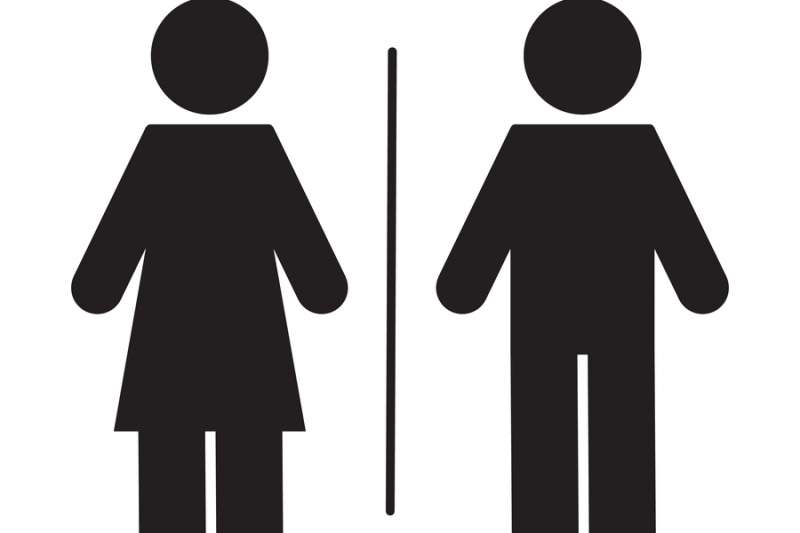The Trump administration is considering reshaping some federal policies to define gender according to a person’s biology and genitalia, according to a new memo from the Department of Health and Human Services.
The department is seeking a definition based “on a biological basis that is clear, grounded in science, objective and administrable.”
If adopted, the changed definition would clarify the application of Title IX, the 1972 civil rights law prohibiting gender-based discrimination in educational programs that receive government funding.
This change would be a departure from practices developed during the Obama administration, which recognize a person’s gender based on their own interpretation or identity rather than their chromosomal makeup or birth sex.
A 2010 “Dear Colleague” letter from the Department of Education’s Office for Civil Rights noted that “gender based harassment” could include harassment based upon the “actual or perceived” “gender identity” of a person. A question-and-answer document from the same office, issued in 2014, stated that sex-based discrimination under Title IX extended to discrimination based on “gender identity or failure to conform to stereotypical notions of masculinity or femininity."
If the proposed changes come into effect, sex would be defined as “a person’s status as male or female based on the immutable biological traits identifiable by or before birth.”
The sex on a person’s original birth certificate would serve as “definitive proof” of their sex, with exceptions for those who can provide “reliable genetic evidence” that states otherwise.
Approximately 1 out of every 1,500 to 2,000 births have abnormal sex chromosomes other than the typical XX for females and XY for males. The most common of these is Klinefelter Syndrome, which means that a male has two X chromosomes in addition to a Y chromosome. Many men with Klinefelter Syndrome are unaware they have the condition.
In the United States, an estimated 1.4 million people identify as “transgender,” self-identifying as a gender other than the one recorded at birth. Some such people have undergone surgery or hormonal treatments to physically resemble their gender of self-identification.
Critics of the proposed changes have argued that they would exclude those identifying as “transgender” from protection by Title IX and other anti-discrimination measures. Supporters of the proposal contend that it merely ensures such laws are applied to the whole population based on objective criteria and not subjective self-identification.
The Department of Health and Human Services is expected to present a version of the new policy to the Department of Justice before the end of the year. If the Justice Department considers the revised definition legally viable and enforceable, HHS can then approve and implement it as policy across a range of government agencies involved with Title IX enforcement.

